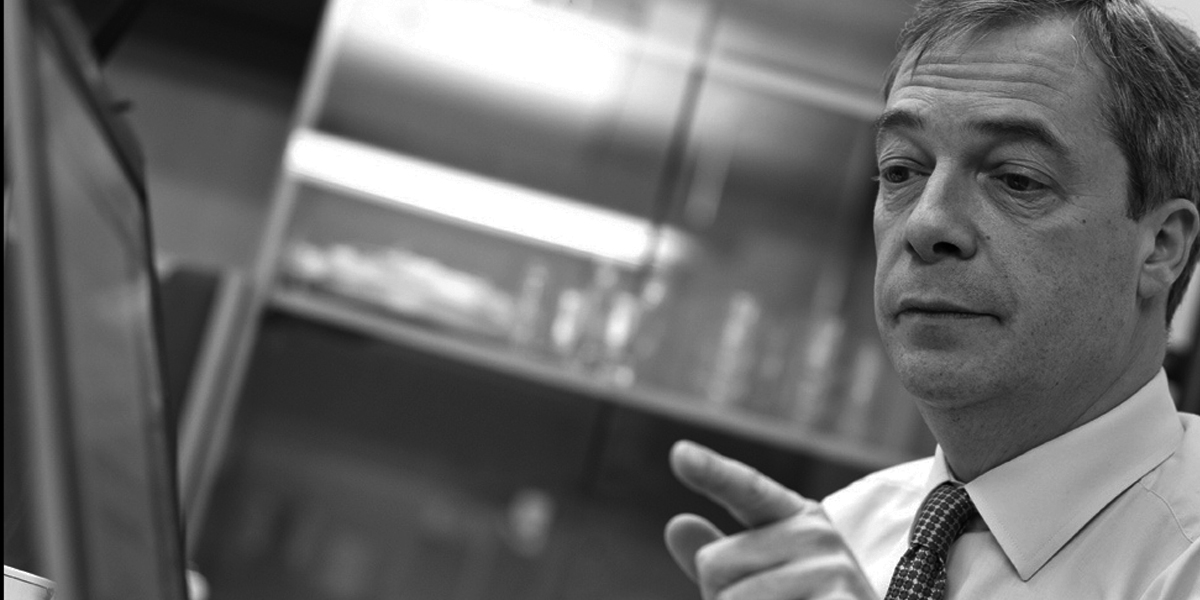Top five lessons from 2013: Politics
1. The Westminster Village still misreads polls Try as the Mike Smithsons of the blogosphere might, the Westminster village continues to obsess over the lack of consistent double digit poll leads by Labour. And yet the fact is that Labour’s lead...
1. The Westminster Village still misreads polls
Try as the Mike Smithsons of the blogosphere might, the Westminster village continues to obsess over the lack of consistent double digit poll leads by Labour. And yet the fact is that Labour’s lead is built largely off of 2010 LibDem defectors. This means that instead of Labour having a huge poll lead thanks to temporary Tory switchers that melts as the election draws near, the party has a more resilient position. This is not to say that Labour’s lead is enough (one should always try for more and the party’s small 2012-2013 loss across all voter groups is interesting and worrying) but it is to say that the disconnect between polling reality and polling understanding in the SW1 postcode is profound.
2. Elections are as much about science as art
The top political read of 2013 was ‘The Victory Lab: The secret science of winning campaigns’. When combined with Gerber & Green’s seminal ‘Get Out The Vote!’ there is an emerging literature that is actually readable on how understanding probabilities, voter motivations and good practice campaign techniques can wrestle elections out of the hands of gut instinct gurus and into the domain of those who use data to decide.
3. The energy price freeze, or, what the hell do I know about politics anyway?
Ok, so I’ve spent an inordinate amount of time in 2013 writing, talking and fuming that big politics needs big ideas. But what if I’m wrong? The energy price freeze was certainly a strong example of what might be called the Hopi Sen school of smallball politics. After all, Labour pledged to improve the lives of voters by just £180 over 20 months and this cut through the media, made the political weather and set the terms of debate for months on end. So, so much for building hundreds of thousands of homes, breaking up the big six energy companies and tackling the causes of low pay: they’re only needed if you actually want to transform the country. But if you just want to win the lobby and the public alike – a great gimmick rocks!
4. What seems impossible nationally is all in a day’s work in a marginal seat
As the Fabians own ’40 per cent strategy’ (p.27-33) showed, voter pools – when broken down into target blocs at seat level – cease to be daunting national statistics and become a matter of much more manageable hundreds. For example, the ’40 per cent strategy’ called for 2.5 per cent of non-voters to be gained by Labour in marginal seats. That may be roughly a million votes nationally but is only roughly a thousand votes in the average size marginal constituency. Any field organiser worth their salt with more than a year on the clock can figure out how to achieve that.
5. Thank god for Nigel Farage
Lastly, let’s just take a moment at the end of 2013 to be grateful for Nigel Farage and UKIP – and for once I don’t just mean electorally. Because I genuinely think that we are lucky that a great deal of working class voter anger in this country is finding expression through a pretty mainstream politician who has presented himself as a bit of a cheeky chappie who loves his pint and fags. The far worse alternative of a French National Front scenario is too easy to imagine. In 2014 all the main parties need to get to grips with the root causes of the backlash building amongst blue collar voters and act to address them before the niceness of UKIP is replaced with an anger politics far darker.
